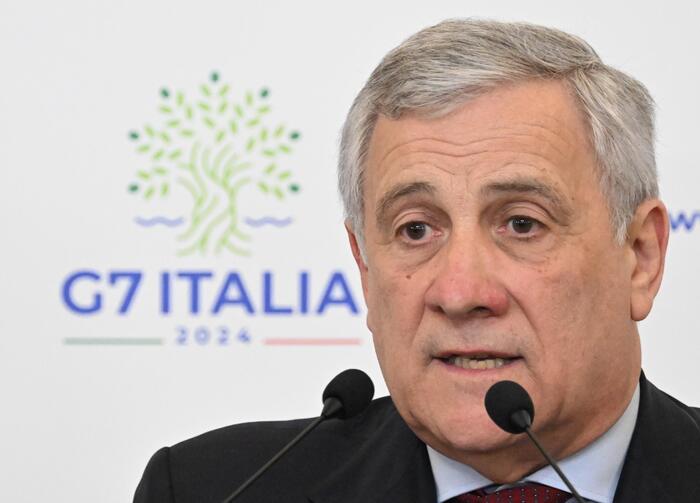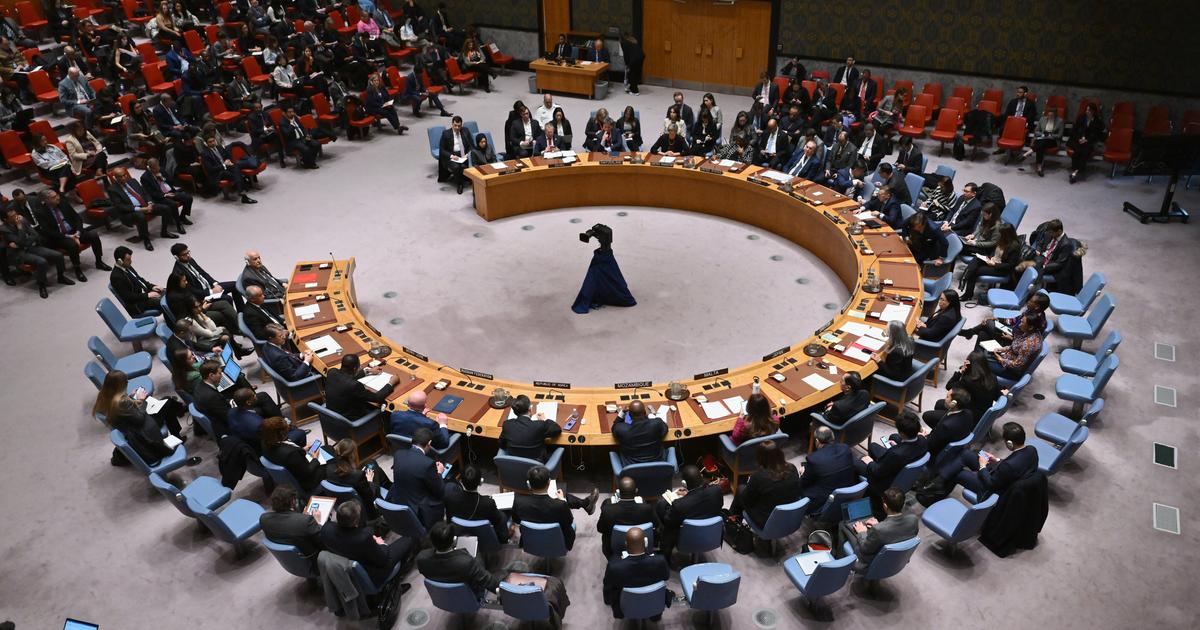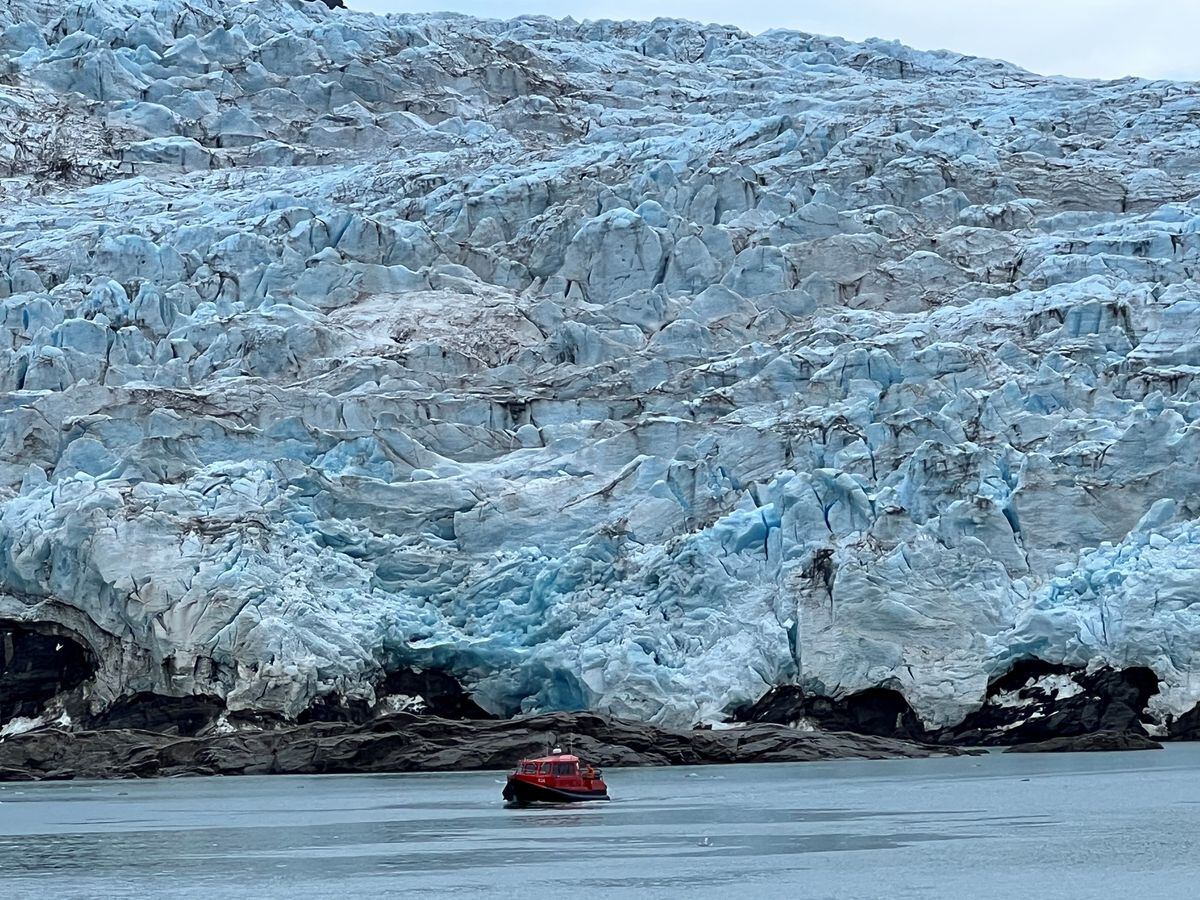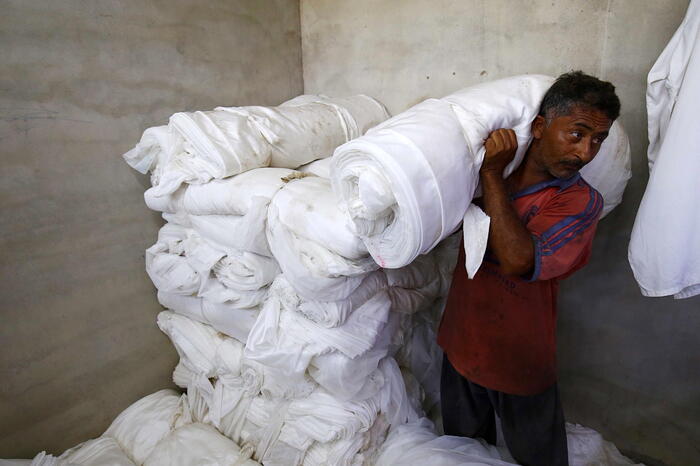Global society
all articles
A year ago, the UN still expected that in 2019 humanitarian crises would be more or less the same as the year before. Now the UNO says: That was wrong. And this mistake should not happen a second time.
The new forecast for 2020, which the UN is presenting today and which is available to the SPIEGEL, reads: Because several crises are simultaneously becoming dramatically more acute worldwide, an increase in emergency aid missions will be necessary again next year.
"The need for humanitarian aid will increase as a result of a combination of war, violence, climate shocks and economic problems," said UN General Assistant Secretary for Emergency Relief, Deutsche Ursula Müller.
Around 168 million people will be dependent on help - a good quarter more than expected for the past year. Around 29 billion dollars are needed to help the neediest in 55 countries, according to Ocha, the emergency relief organization.
The report "Global Humanitarian Overview 2020" focuses on the well-known unrest regions - the Sahel , the Democratic Republic of the Congo and the war zones in Yemen , Syria and South Sudan .
The situation will worsen in 9 out of 22 crisis regions, according to the report. More demand is emerging in Venezuela , where the economic crisis continues under ruler Nicolás Maduro. In Sudan , after the overthrow of Umar al-Bashir's regime, economic chaos becomes apparent. In Burkina Faso , the crisis in the Muslim north is exacerbated by drought and the spread of radical Islamic militias. Financial needs are therefore rising drastically - in Venezuela's case as much as 237 percent (see table).
In extreme emergencies, several factors usually come together, usually at least two: war and floods in South Sudan, war and epidemics in Yemen or economic crisis and drought in Zimbabwe. Sometimes there are even three disasters at the same time, as in Northern Nigeria or Somalia.
Denis Farrell / AP
A farmer in South Africa in a parched water basin
Ocha has identified four trends that are contributing to the global escalation of the situation:
- Climate change ensures that existing crises due to extreme weather events are worsening worldwide. Currently, this is evident in the simultaneous record drought in southern Africa (after flooding by Cyclone Idai a few months ago), and the equally catastrophic floods in East Africa.
- In defiance of international law, a record number of children were last evicted, injured and killed in armed conflicts. The UN warns of a "lost generation".
- In 41 world wars, extreme violence and the use of heavy weapons are responsible for a large number of casualties. 90 percent of the people killed in explosions during wars were civilians.
- Helpers increasingly become targets: in the first three quarters of 2019 alone, the UN report recorded 791 attacks on humanitarian workers , 171 died. That was already a lot more than at the previous time.
Nariman El-Mofty / AP
Militia on behalf of the United Arab Emirates in Yemen discusses a mortar shot
Where markets and economies collapse - because of war or simply because of policy failure - where state order is lacking and infrastructure such as roads is not there, people are cut off from vital food and health care.
If clean water is missing in Yemen, in and around Syria or in Ethiopia, for example, and hundreds of thousands live in camps, outbreaks of cholera are likely.
The fact that Ebola will continue to rage in eastern Congo in 2020 is also due to the uncertainty in the region. After another attack on a UN base, the World Health Organization has - again - had to relieve helpers. The government in Kinshasa has not been in control of the remote region for years.
Floods and rising temperatures around the world also caused malaria to spread in 2019, and even mosquito-borne dengue fever is now threatening 3.9 billion people in 100 countries.
Khaled Abdullah / REUTERS
Cholera patients in the Yemeni capital Sanaa, March 2019
Yemen recently saw a major dengue outbreak with more than 3,500 people affected.
"In these contexts, humanitarian aid is crucial for saving lives and relieving suffering," says German UN official Mueller. And she emphasizes, as many in the humanitarian sector, what she would prefer: if the "root causes of the crises were accompanied by political and developmental solutions" to cope with them.
OCHA / Otto Bakano
Assistant Secretary General Ursula Müller on war, violence, climate shocks: "The need for humanitarian aid will increase in 2020"
In 2019, the UN received just over half of the previously hoped-for sum until mid-November. Last but not least, the generosity of the donors decides how bad 2020 really will be.
This article is part of the project Global Society, for which our reporters report from four continents. The project is long-term and supported by the Bill & Melinda Gates Foundation.
What is the project Global Society?
Under the title Global Society, reporters from Asia, Africa, Latin America and Europe will be reporting on injustices in a globalized world, socio-political challenges and sustainable development. The reportages, analyzes, photo galleries, videos and podcasts appear in the Politics Department of SPIEGEL. The project is long-term and will be supported over three years by the Bill & Melinda Gates Foundation (BMGF).
Are the journalistic contents independent of the foundation?
Yes. The editorial content is created without the influence of the Gates Foundation.
Do other media have similar projects?
Yes. Major European media such as "The Guardian" and "El País" have created similar sections on their news pages with "Global Development" or "Planeta Futuro" with the support of the Gates Foundation.
Was there already similar projects at SPIEGEL ONLINE?
SPIEGEL ONLINE has already implemented two projects in recent years with the European Journalism Center (EJC) and the support of the Bill & Melinda Gates Foundation: The "Expedition The Day After tomorrow" on Global Sustainability Goals and the journalistic refugee project "The New Arrivals" Several award-winning multimedia reports on the topics of migration and escape have emerged.
Where can I find all the publications on the Global Society?
The pieces can be found at SPIEGEL ONLINE on the topic page Global Society.













/cloudfront-eu-central-1.images.arcpublishing.com/prisa/B7F2F3HZ2JCUHDZJKAGKAXXPSU.jpg)